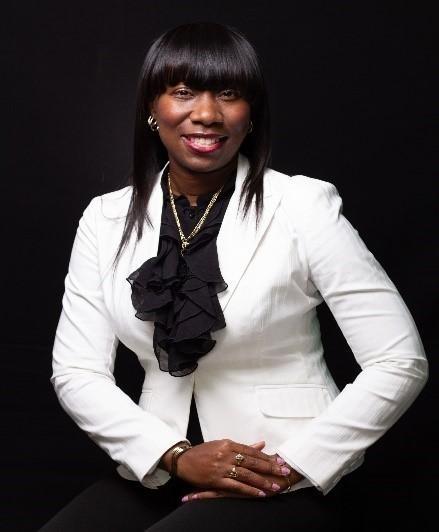In our interview with Dr. Laklieshia Izzard, LPC, ACS, shares why over 15 years ago she began providing telemental health services, how it has been a fit for her own self-care, and a fit for both her clients and supervisees.
Dr. Laklieshia Izzard hosted a Community Lounge Session titled “Panic, Practice and Pandemic” at the Telemental Health Preparedness Summit 2020. Dr. Izzard has over 15 years of experience and practice in counseling, supervision, education, and self-care. She states that the Summit was a “phenomenal experience” that facilitated networking and support for so many counselors and professionals from across the nation. Ray Barrett, owner, and CEO of Telehealth Certification Institute spoke with Dr. Izzard just days after the Summit and asked her about her interest in telemental health services, why she stuck with it, assumptions made about distance learning/ services, and challenges and benefits she has experienced in her professional career.
Her doctoral program at North Carolina A&T was a hybrid approach. She experienced online education and the opportunity for a practicum and internship doing telemental health, in what was then called “online” teaching/supervision/therapy. This was a great foundation for telemental health services and supervision and a specialty skill set. Seeing the future demand and being comfortable with the mode of services, telehealth was simply a good fit for her life.
Dr. Izzard believes that much of the remaining regulatory resistance to telemental health and telesupervision will likely abate as a result of the season of COVID-19. Practices and agencies that have faced shut-down, wider acceptance in supervision and CE hour acquisition, as well as billing practices (all temporary COVID-related changes), have proven that there is a need for teleservices and a valid and lasting place in the profession. Living in Georgia, she experiences many rural clients who simply don’t have the opportunity (or desire) to travel for services and the virtual platform allows the convenience needed by so many to receive the care they need.
The biggest challenge she encounters is random technology-based issues; a point echoed by many professionals in attendance at the Summit. We must have a plan if technology fails, and make sure that a client is a good fit. In the time of COVID, many don’t have a choice between same-location sessions and virtual sessions – we all have to connect virtually. But, as long as we have a plan in place, those technological challenges are easy to overcome.
Dr. Izzard’s virtual practice allows her to have the self-care she needs and to avoid burnout and secondary stress that happens so often to practitioners steeped in the realm of community mental health services, for example. She prioritizes her quality of life and says that we need to have flexibility in order to take care of ourselves. This is different for every person, but she knows that what works for her is to have the flexibility to work from home, to make her own hours, and to rearrange her schedule the way that she wants to. Ray Barrett concurs – virtual work permits the flexibility he needs for his version of self-care: spending quality time with his family.




The course was so informative and I was glued to my screen for the entire duration. I received so much knowledge concerning ethics in telehealth and I am greatly encouraged to read about all the standards and policies that pertain to my practice. Thank you!.